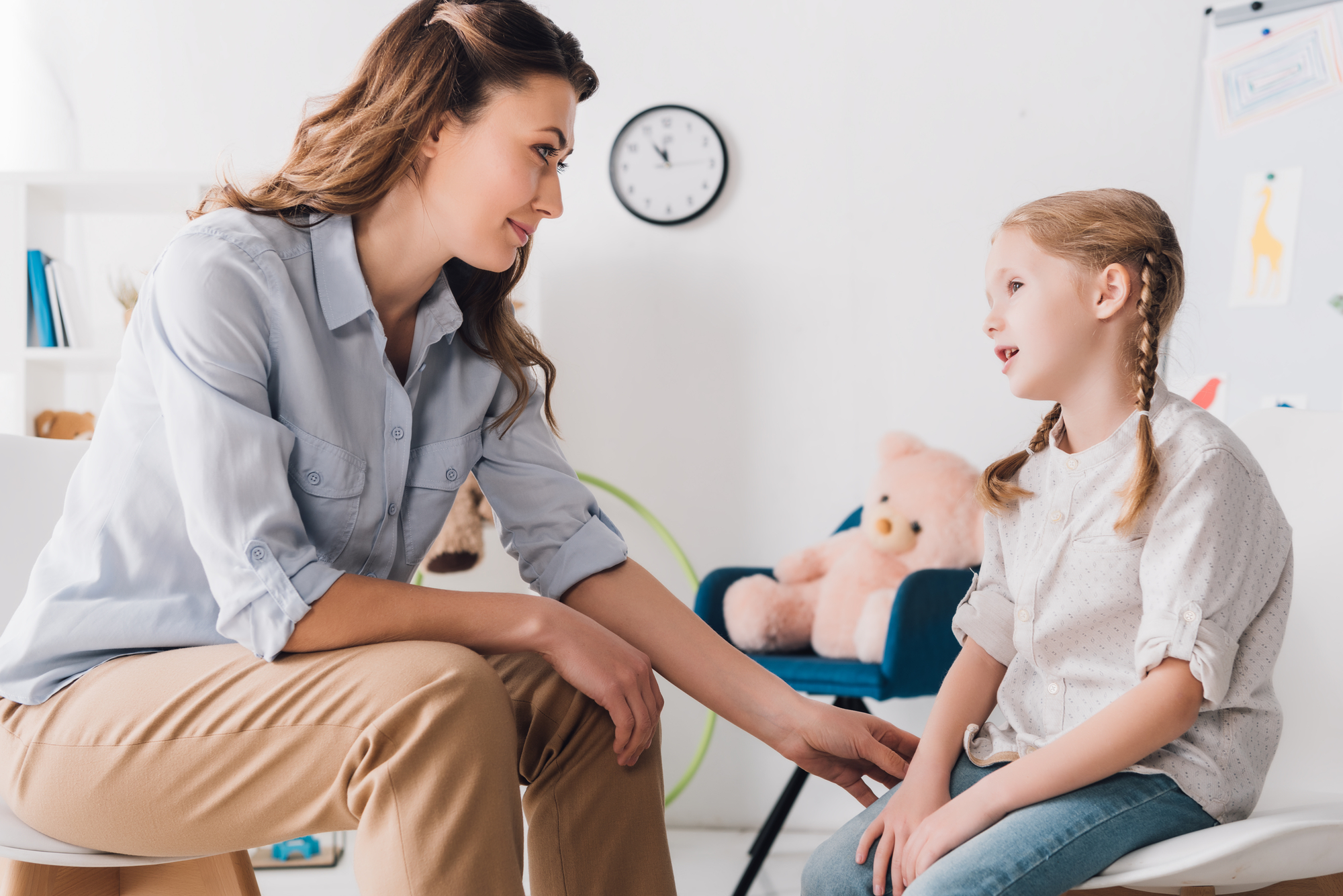As an adult the topic of COVID 19 or as we all know it as Coronavirus or Corona for short is everywhere, it is all we are talking about, reading about, seeing memes about and focusing on. There are fears for the future and daily new rules and restrictions that are impacting our lives. At least as an adult, we can find out the answers to our questions, we can listen and understand the news broadcasts and we can try out best to keep our anxieties under control taking one step at a time. But what about our children? How are they feeling while the world around them is in turmoil and how do we talk to them about this event that is new for all of us?
As parent, we want to protect our children from negative events going on, we don’t want them to worry or to stress about anything outside their own little worlds, but with a topic that is taking up so much of our airtime, this approach will not work and if anything by trying to ignore it and not talk to our children about it they may get even more fearful and anxious.
It’s very important to remember that children are little sponges and that they are watching our actions and behaviours to model their own actions and behaviours. They know something is going on and as their parent it important to know the best way to have these difficult conversations.
Answering our children’s questions.
- The most important thing you can do as a parent is not make any assumptions about what the questions may be and before finding out these questions don’t jump in and overcomplicate the issue. Your children do not need to know all the facts and figures and they do not need to watch the media reports related to Coronavirus. What they need is for you to sit down with them and simply ask them if they have heard about Coronavirus and what questions they have about it. You might be surprised as a parent that their concerns are not the same as yours. There is a very good chance they are not worried about potential lose of income or the money you are about to lose postponing that family holiday, they might want to ask you why they are not allow to hug their friends at school anymore, or if their grandparents who to them are ‘’old’’ and they have heard that old people can die will be ok.
- Once you have the question, then answer this to the best of your ability, don’t lie to them as they will probably ask their peers or even google it themselves. Be age appropriate with your response and stick to the question that they have asked. They will let you know if what you have said is not enough information and you can check this at the end of the answer you have provided by saying, “is there anything else you would like to know about that?’’
- Validate their fears, but reassure them that everything that can be done for their safety is being done, ask them if there is anything they would like you to do for them to make them feel safer, they might ask you for some hand sanitiser for their bag or you could do a practical task with them such as showing them how to wash their hands properly so that they can feel like they are taking some ownership in the prevention of spreading this virus.
- If children want to know what will happen if they get the Coronavirus, then talk them through this, please don’t dismiss this by saying ‘’you don’t need to worry about that” as this just makes them more concerned as to why you wont just tell them.
- Think back to when you were a child and how frustrating it was to have your questions and fears dismissed by adults.
- Try not to have too much social media on around your children and make sure other topics in the household are still talked about, not just the Coronavirus.
- For our older children, if they are bringing home false information that they have heard from friends or on social media, use this as an opportunity to have a conversation with them about the correct sources to go to for our news and events and discuss with them how easy it is for incorrection information to spread especially in times of the unknown.
- Finally keep checking in with your children to see if they have any new questions or concerns about Coronavirus, as concerns they had today might change into different concerns or questions tomorrow. Let them know that they can come to you with any questions that they have at any time and that you will do your best to answer them.
Keeping the communication open will reduce any fears and anxieties our young people have about this epidemic, remember children just like adult have questions and want them answered too.
 Donna has been working as a qualified Psychologist at The Couch Therapy for over 16 years. She works with children, adolescents, adults and couples. Donna has written a self-help book called “Managing Your Stress Cup” and has a podcast “On the Couch with Donna Cameron”. Donna’s aim is to take the fear out of mental health by providing her clients with practical workable strategies.
Donna has been working as a qualified Psychologist at The Couch Therapy for over 16 years. She works with children, adolescents, adults and couples. Donna has written a self-help book called “Managing Your Stress Cup” and has a podcast “On the Couch with Donna Cameron”. Donna’s aim is to take the fear out of mental health by providing her clients with practical workable strategies.
To view on YouTube:
You may also like to read:








